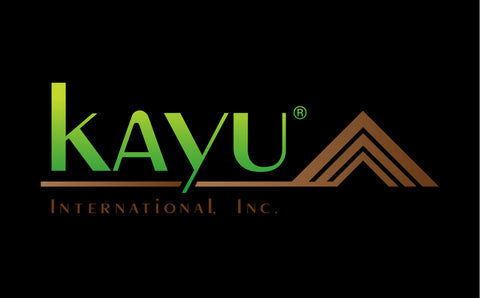Sustainability in Java, Indonesia Teak Plantations: A Look at the Future

Teak plantations have long been a source of valuable timber in Indonesia, with the majority of them located on the densely-populated island of Java. While the value of the teak industry is undeniable, it also poses significant environmental challenges. The intensive management practices required to cultivate teak on plantations can lead to deforestation, soil degradation, and environmental damage.
Fortunately, recent efforts to promote sustainability in teak production have shown promise for mitigating these impacts. Through a combination of improved management practices, sustainable forestry certifications, and community engagement, teak plantations in Java are working towards a more sustainable future.
One notable aspect of sustainable teak production is the promotion of mixed-species plantations. Rather than relying solely on teak, these plantations include a variety of other tree species. This diversification helps to reduce soil degradation and promote a healthier ecosystem. Additionally, mixed-species plantations can provide additional benefits such as nutritional benefits, medicinal properties, and sustainable food production.
Sustainable teak plantations also prioritize community engagement and forest management strategies that prioritize growth without harming forest biodiversity. One such approach is the development of Forest Farming. It aims to improve cash income to community that one gets from land-based livelihood activities based on sustainable harvesting of non-timber forest products such as fruits, nuts, honey and essential oil.
Certifications like the Forest Stewardship Council (FSC) are essential in ensuring that teak production meets sustainability standards. Plantations that are FSC-certified are required to adhere to stringent sustainability criteria, including requirements for responsibly managing soil and water resources, viable development aims to triple value to the community, and maintaining natural ecosystem function that building self-sufficient and resilient communities.
Sustainability is more than just a buzzword; it's a critical need for industries like teak plantation. With sustainable forestry being the best option moving forward, it deserves attention and support from both the industry and the consumer side. By working together towards a common goal, we can ensure that Java's valuable teak plantations are preserved for generations to come.
Thank you for reading!

Leave a comment